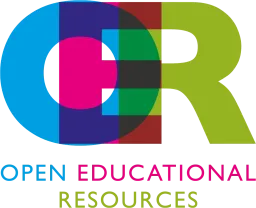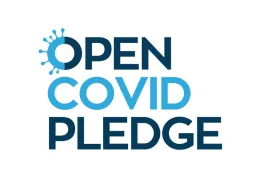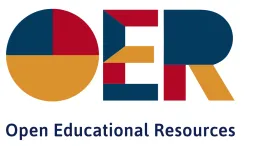Explore the dynamic world of Open Educational Resources and discover how OER Africa is driving the movement forward. This page is divided into two sections:
Articles: Our articles aim to deliver insights on OER-related themes that inform, spark conversation, and engage with the developing open education landscape, with a particular focus on Africa.
Updates: Below, the articles, you'll find updates on OER Africa’s latest initiatives, activities, and contributions to the OER community.
Articles
This section features targeted articles crafted specifically for educators, students, and the global Open Educational Resources (OER) community. The articles examine themes related to OER, offering insightful perspectives and information. The content seeks to inform, prompt discussion, and actively engage with the dynamic landscape of open education, particularly within the African context.

You have been teaching, but what have you been assessing? Can assessment also be about teaching? How do you know students have learned? It is easy to forget that instead of being separate processes, teaching and assessment have a close relationship

UNESCO recently hosted a set of worldwide public consultations from 22-24 July 2020, the aim being to expand and consolidate commitments to actions and strategies as well as reinforce international cooperation among all stakeholders. As we noted in a recent blog post, OER Africa provided support to UNESCO Dynamic Coalition Working Group Consultation on the OER Recommendation.

The Open COVID Pledge was launched on 12 August 2020. Within the context of COVID-19, the Pledge encourages individuals and organizations to make their intellectual property available to support educators, students and decision-makers; assist educational organizations; and build a fairer and more resilient education system.

During the week of 20th July, 2020, OER Africa was privileged to be able to participate in, and provide administrative support to, the work of UNESCO’s Dynamic Coalition as its Working Groups convened in virtual consultations to begin preparing plans to support governments around the world in operationalizing the OER Recommendation.

Updates
This section provides updates on OER Africa’s initiatives and activities. Stay informed about our contributions to the OER community and how we are driving the open education movement forward.

This new publication has been put together by the OER Africa team in partnership with UNESCO IITE. The aim of the research was to shed light on economic and pedagogical value of investing in OER.

Simple, short tutorial to acquire the skills necessary to search for open content, decipher Creative Commons rights and permissions and evaluate the usefulness of OER for new purposes.

OER Africa would like to congratulate Associate Professor Cheryl Hodgkinson-Williams on her appointment as a UNESCO Chair in Open Education and Social Justice. The UNESCO Chairs Programme serves as a think tank and bridge-builder between academia, civil society and local communities, as well as researchers and policymakers.

This free online course on OER from the Commonwealth of Learning has recently been updated. It is interactive and on completion you can download a certificate of participation.

Participant Experiences and Financial Impacts: Findings from Year 2 of Achieving the Dream’s OER Degree Initiative.

